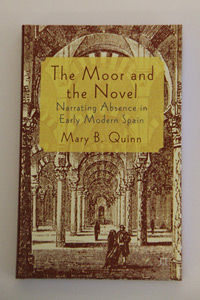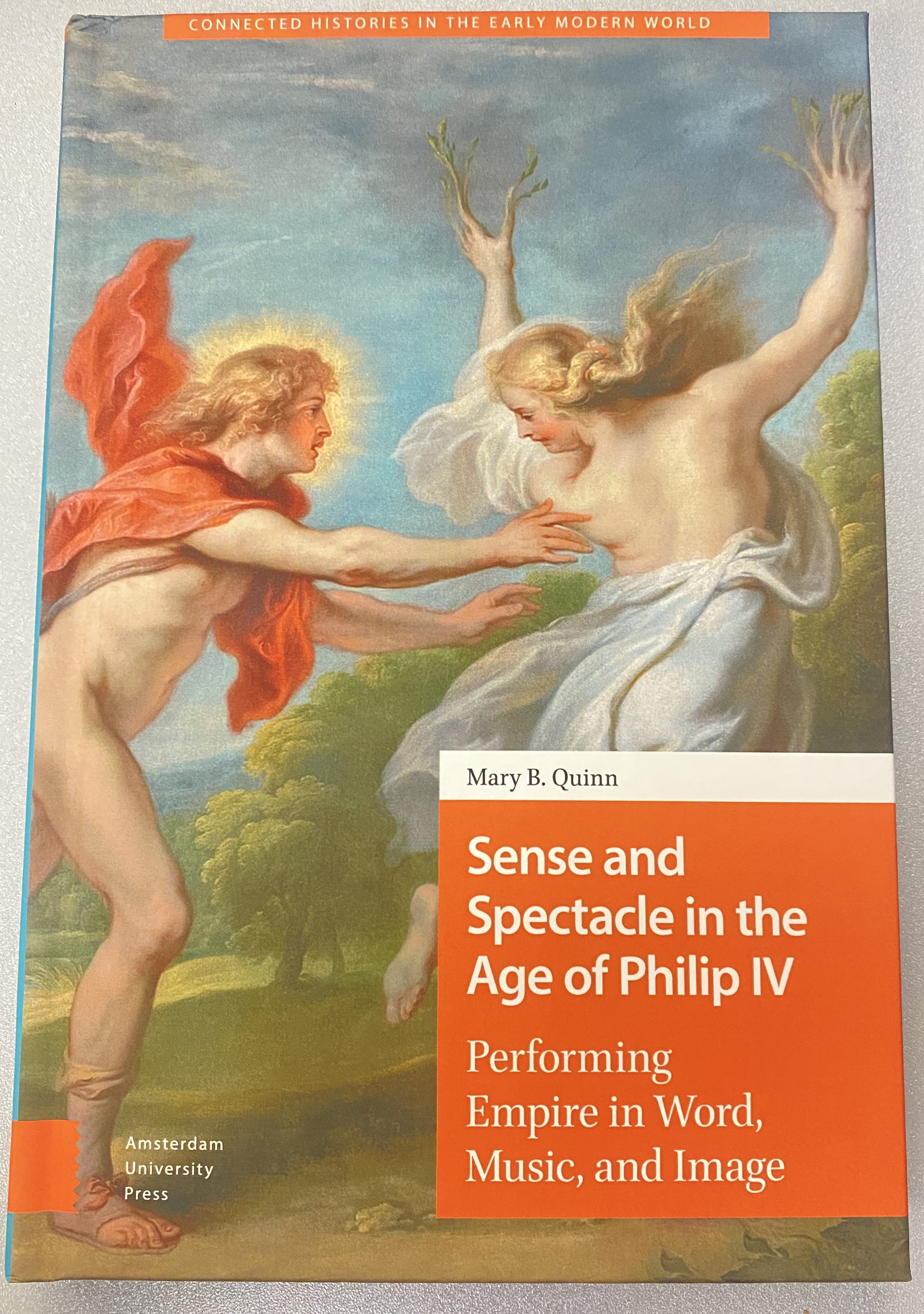Mary Quinn
- 16th- and 17th-century Spanish literature, especially the novel and Cervantes
- Cultural and interdisciplinary studies
- Secular music, in particular the vihuela repertoire and early zarzuela
- Festival culture of the Hapsburg Empire
The Moor and the Novel: Narrating Absence in Early Modern Spain
The Moor and the Novel engages music, literature, and history from the early modern period to reveal fundamental connections between nationalist violence, religious identity, and the origins of the novel. Through fresh interpretations of ballads, histories, and novellas, this book argues that the expulsion of Muslims from Spain produced a cultural vacuum, one that demanded a response. Juxtaposing close readings of well-known and obscure texts, this book illuminates the literary consequences of ethnic cleansing. Expulsion not only transformed the population of Iberia, it also altered early modern notions of the self and of authorship while creating a space for new kinds of narrative strategies. The absent Muslim created a physical, historic, and artistic aperture that was addressed in new literary forms, including Cervantes's Don Quijote. Nuanced and insightful, The Moor and the Novel provides an essential genealogy for understanding early modern narrative.Buy this book
Buy The Moor and the Novel: Narrating Absence in Early Modern Spain on Amazon

Sense and Spectacle in the Age of Philip IV
This book accounts for the outpouring of celebrations in the Habsburg Empire upon the 1657 birth of Felipe Próspero, heir to Philip IV of Spain. These celebrations allow us to interrogate the shifting uses of performance in the empire’s center and periphery. Such spectacles could work to contain and manipulate public sentiment, but at other moments they questioned sanctioned power structures. A study of zarzuela texts, opera libretti, notated music, paintings, poems, and historical documents shows that an array of people took advantage of this festive moment to question the empire’s policies in surprising ways. Sensorial experience played a crucial role during these celebrations. For its part, the Crown engaged a variety of senses, especially sight, sound, and smell, in order to augment the impact of royal spectacles. But simultaneously, those who questioned the Crown also did so through an engagement of the sensorial world.Buy this book

